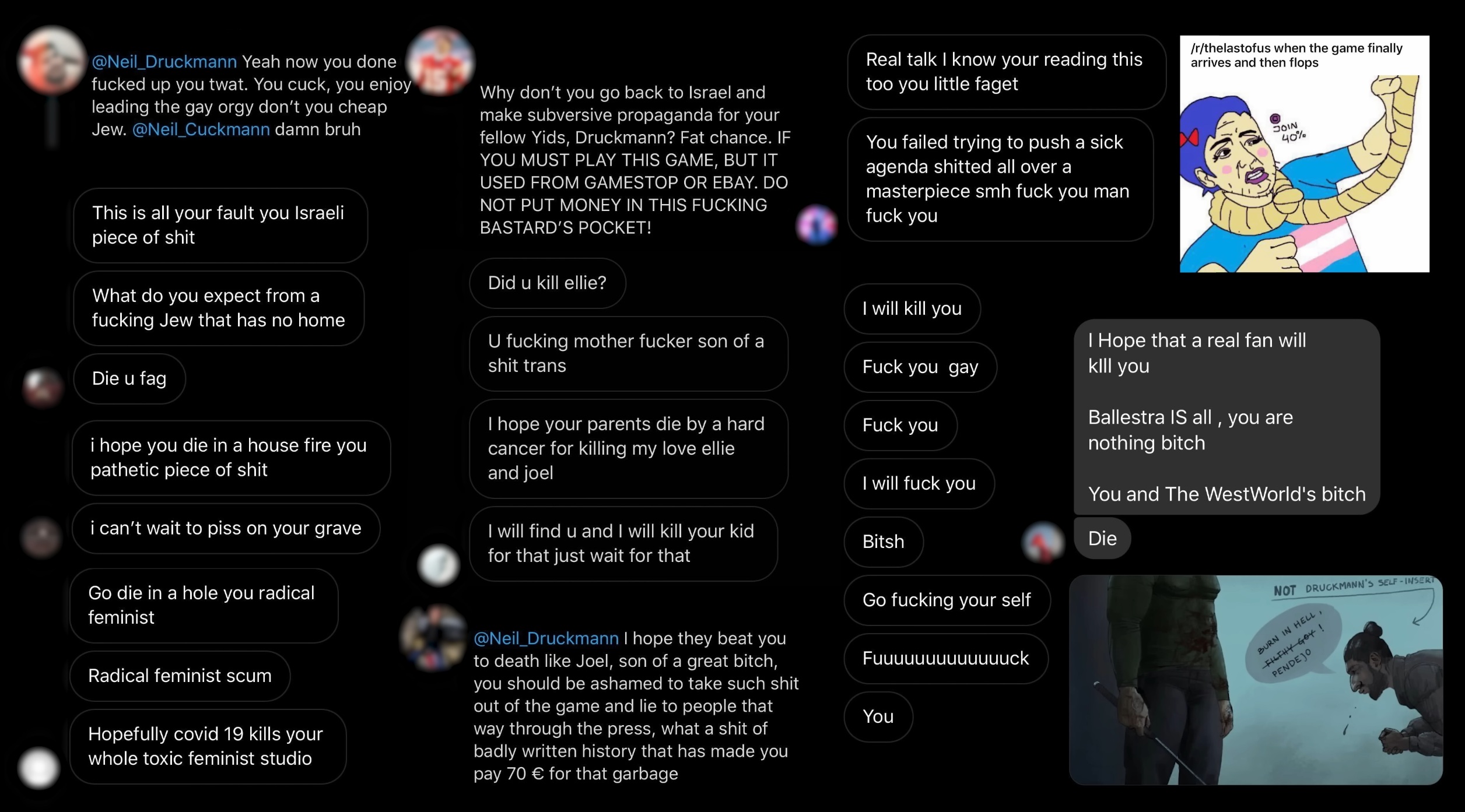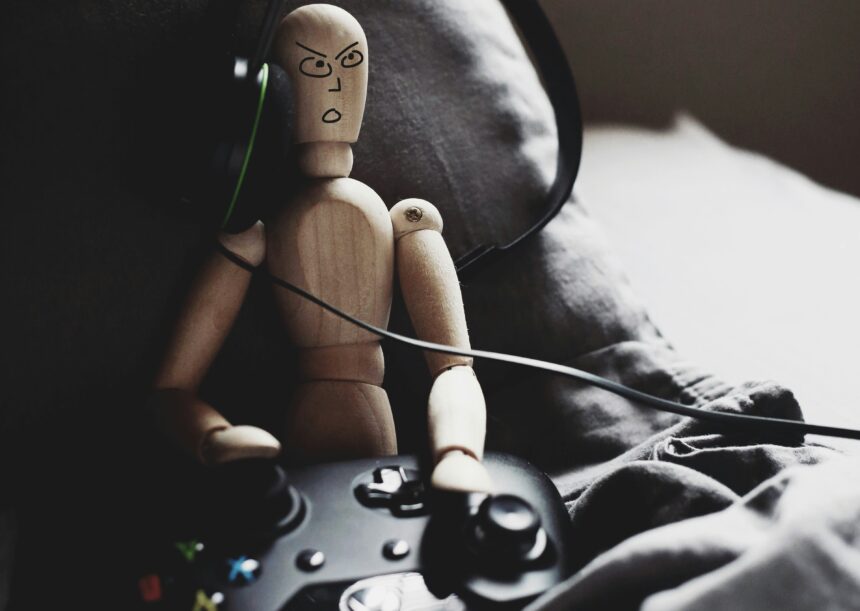For me, it all started back in 2013 with an independent Vietnamese game developer named Dong Nguyen. He’s the guy behind the amazingly popular 8-bit game that many of us played: Flappy Bird.
Flappy Bird, which was removed by its creator after receiving hundreds of death threats and parents complaining that his 8-bit game ruined their children’s lives, was the start of a mind-blowing fact for me: The gaming community has lots of evil in it.
When a game fails to meet expectations, takes creative risks, makes severe changes, or simply gamers don’t appreciate some of its actors, things quickly take a turn for the worse. There are countless examples of game developers and actors receiving death threats by players, many of whom didn’t even take part in the development, changes, or even the sequels that followed.
Of course, Nguyen wasn’t the first nor the last developer who saw everything falling apart. As I was waiting for the release of The Last Of Us: Part II, endlessly trying to avoid spoilers, the game’s story and footage got leaked by hackers who exploited a security vulnerability in Naughty Dog’s servers.
The result? People were going as far as to threaten Lauran Bailey’s newborn child. Her character, Abby, who plays a major role in the game’s storyline, left many fans angered, which instantly led to the voice actor – and the whole team in general – getting threats.

Unfortunately, I was unable to stop the spoilers from kinda ruining the experience for me, and I learned about a major cutscene that was leaked, which was the whole point of the story. Not that I am not going to enjoy the game, but it’s sad that I learned what happened before even getting it.
And because I did end up learning about the story, I watched the whole Grounded II: Making The Last of Us Part II documentary. You can learn a lot by watching it, and you can see how truly disappointing it was for the whole team to get such threats. A false news article also claimed that no woman had worked at making The Last Of Us: Part II, yet the documentary proved them all wrong.
But Bailey and the whole team behind weren’t the only ones who got death threats; many others in the gaming industry have had the same unfortunate fate, including Sean Murray and his team at Hello Games, Toby Fox (the creator of Undertale), David Vonderhaar (after implementing minor weapon balance changes in Call of Duty: Black Ops II), basically all the developers behind Cyberpunk 2077, and so many others.
This is not what those people signed up for, and surely not a proper way to get feedback from players. This is exactly why we do not deserve those creators, developers, and artists. This is exactly why the gaming community has become so toxic that even the gamers themselves can’t handle it.
A lot of people are getting so emotionally attached to some games and their storylines that they go as far as to threaten the people who worked on them. For me, those people need professional help, and they need it immediately.
When we started Norpan, the gaming blog that you’re currently reading, Nora and I talked about how we’d keep our community as safe and piecieful as possible – and believe it or not, it’s not as easy as it sounds. Moderating a website in one of the most toxic industries in the world comes with many responsibilities, including the comments, forum threads, emails, and so on.
Now, think of having to deal with a game that has millions of people waiting to play it, only to find yourself that, instead of actually living the dream, you’re living a hell.
Everyone, and I mean everyone, is having a hard time handling what has been going on in the gaming community, and you only have players to blame. But in an age where technology has envoled so much, and history constantly repeating itself, how can we turn things around? Can we actually make the gaming community safer? Is there a way to make developers, artists, and creators feel safer?
All of those questions are great, but finding the answer is not, and we’re still far from turning things for the better.
Developers and companies alike need to find better and more advanced ways to detect and remove hate speech and harassment in real time. In addition, parents need to find and use more robust tools for parenting control and teach their kids how to behave and be responsible.
On the other hand, games could even reward players based on their feedback about cheating, hate speech, and everything in between.
We, as players and online users, can make a difference by trying to protect those at risk. Blocking and reporting people who harass, threaten, or bully anyone should be a top priority for everyone. We need to start promoting that, doing all of that, it’s wrong, and our governments should punish those who do not follow those simple rules.
We need to make sure that anyone who’s ready to threaten someone will think twice, and if they do, they’d get professional help.
Don’t you like a game or its story? That’s fine, you have every right to leave a negative review or, even better, send some pieceful feedback to the developers. Instead of sending death threats, help them improve it and make it even better – they’re also humans like you, after all.











